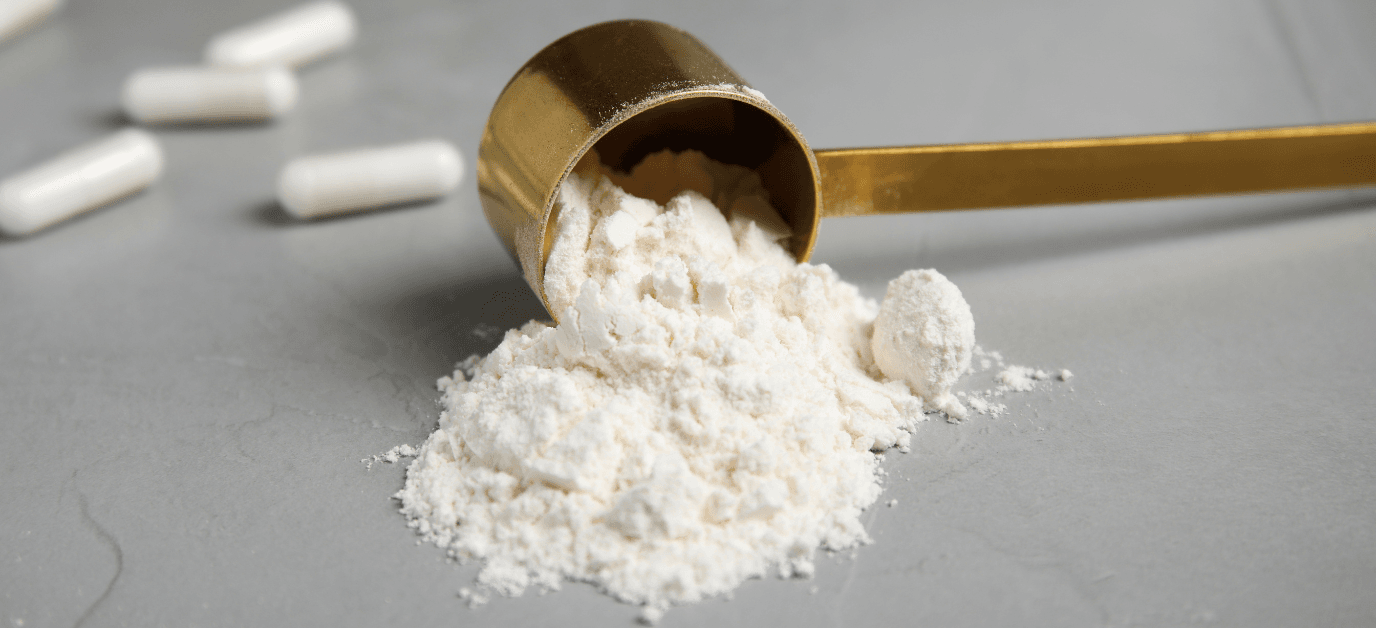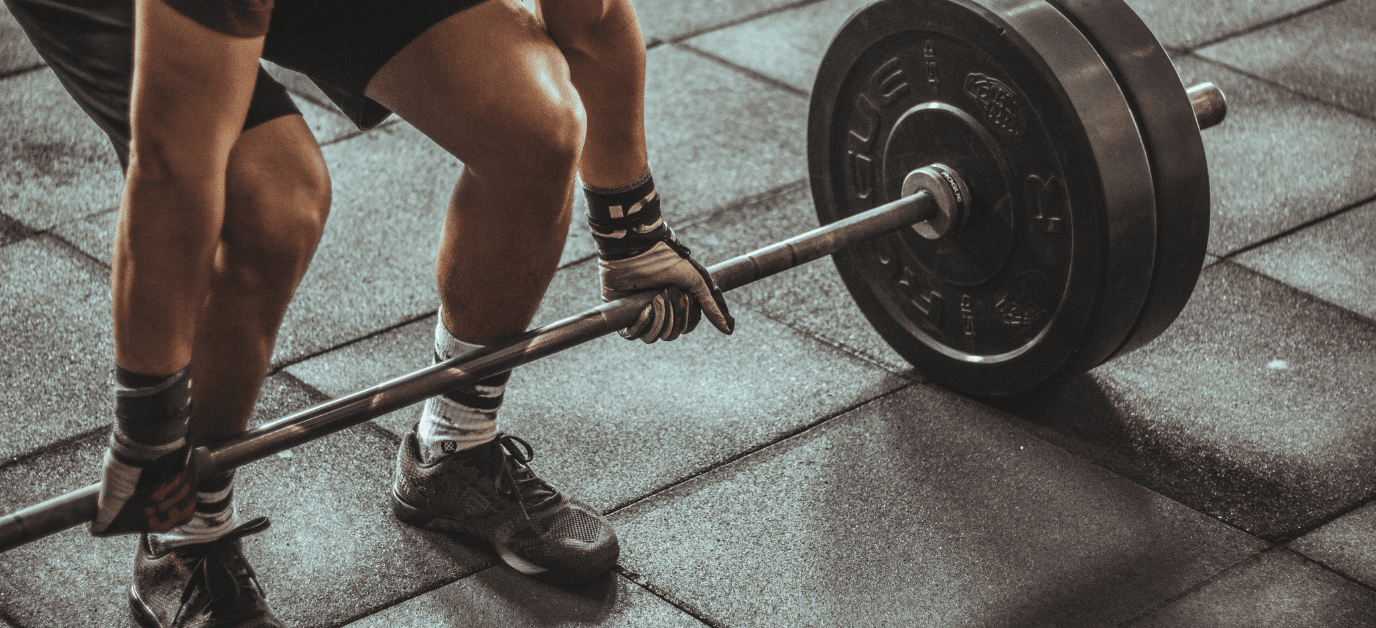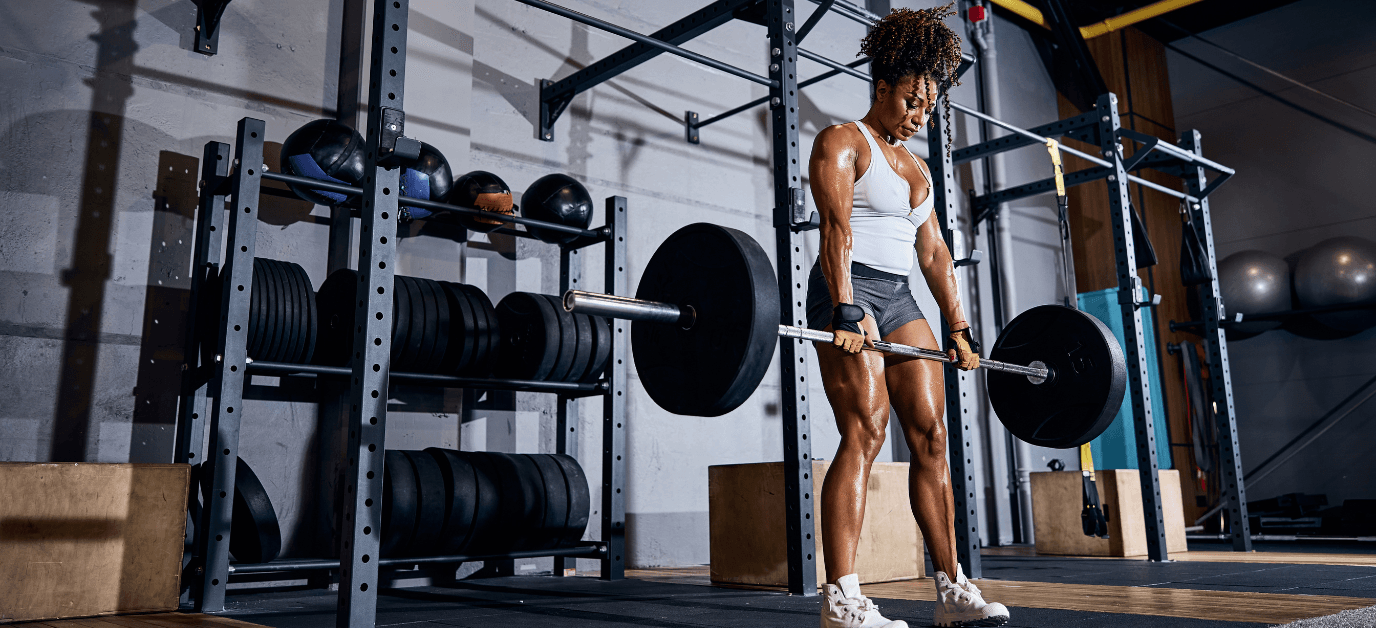

Creatine Monohydrate - How does it work and how to use it?
21.03.2025Table of contents
Creatine is a popular dietary supplement for dedicated gym-goers. Thanks to creatine, strength increases and the physique becomes more defined. What's more, supplementation of this amino acid increases phosphocreatine stores in the brain, among other things, which can benefit its condition - after all, it is argued that the brain is "the most important muscle".
From this article, you will learn why creatine monohydrate is the best choice, how to use it. Let's start with the basics.
A typical diet containing meat provides about 1-2 g of creatine per day. The average 70-kg male has a creatine pool of between 120 and 140 g, varying according to muscle fibers and muscle mass [1].
Creatine supplementation saturates the body with the compound, which can be beneficial, especially for those who train. The most common form of creatine in dietary supplements is powdered monohydrate.

Creatine monohydrate - what is it?
Creatine monohydrate is a dietary supplement with anabolic effects that, when combined with strength training, increases strength and muscle mass [2]. The use of monohydrate can also improve the results of high-intensity workouts, such as HIIT.
The monohydrate form is the safe and best-studied form of creatine, often used in clinical or in vivo studies [1]. Monohydrate is more stable, more rapidly digested and more effective at increasing muscle creatine levels than some more modern forms like creatine malate [4]. Efficacy goes hand in hand with... a good price. Monohydrate is the cheapest form you'll find in dietary supplements.
Did you know that…
Your muscles are only about 80% saturated with creatine? Supplementation can increase its supply by 20-40% [5].

Creatine monohydrate - the effects
The use of creatine monohydrate [1-15]:
- helps maintain a constant supply of energy to muscles
- increases muscle strength
- increases lean body mass
- improves certain parameters of anaerobic exercise
- increases exercise tolerance
- improves recovery and rehabilitation processes
- increases muscle cell hydration and muscle glycogen levels
- may improve cognitive function.
Comprehensive support for athletes
The position of scientists of The International Society of Sport Nutrition positively refers to creatine supplementation: "Creatine monohydrate is the best supplement for those looking to increase lean body mass and improve form on high-intensity workouts" [5]. How specifically can creatine support your performance?
Provides energy
Creatine enters skeletal muscle, which converts it into a compound of creatine and phosphoric acid - phosphocreatine or creatine phosphate [3]. Phosphocreatine helps create adenosine triphosphate (ATP). ATP is the source of energy used by cells during exercise. Creatine helps maintain a steady supply of energy to your muscles during intense weightlifting or cardio exercise, for example [5] which allows your workout to last longer.
Increases strength and muscle mass
In addition to its beneficial effects on ATP energy production, creatine can improve muscle cell function in other ways. Supplementation with this amino acid increases the water content of muscle cells and the concentration of the hormone IGF-1, which is key to muscle mass growth [1].
Creatine can also increase muscle power and strength by up to 5-15% [11]. It allows you to do more work per training session (e.g., more effective sets), which is a key factor in long-term muscle mass growth.
Important: Remember, however, that from creatine supplementation alone, you won't grow muscles (unfortunately!). For that, you need a stimulus - hard and regular strength training.

Supports recovery
Creatine also supports muscle regeneration. During exercise, micro-damage occurs in muscle fibers. Creatine helps activate cells in the muscles that are involved in muscle recovery [14]. This allows you to be better recovered for your next workout and exercise without muscle discomfort.
Increases levels of anabolic hormones
Creatine increases levels of anabolic hormones - human growth hormone (hGH), estrogen, and testosterone, which contribute to tissue growth and repair [11,12]. Importantly - creatine is not an anabolic steroid [15]. Their mechanisms of action and legal classification are different.
Improves performance
Creatine also supports the performance of high-intensity workouts. One research review found that creatine supplementation improves HIIT (High Intensity Interval Training) exercise performance by up to 15% [12]. Clinical studies suggest that creatine supplementation works well for athletes training in a variety of sports - from team sports (such as football) to individual sports (such as cycling).
It trains... the brain
Some clinical studies suggest a positive link between creatine use and better nervous system function. It improves energy metabolism at the cellular level in the brain. Creatine supplementation increases phosphocreatine in the brain, which can help improve cognitive function and intellectual ability. Taking creatine reduces mental fatigue [13] - so you can work intellectually as effectively as you do at the gym.

Is it necessary to do a loading phase?
No, it is not necessary. We can find various protocols for creatine supplementation in the scientific literature, but it should be selected individually according to the athlete's goals and needs.
The creatine loading phase involves increased creatine intake for several days to saturate muscles with creatine faster [1]. The scheme is as follows:
- For 5-7 days, 0.3 g of creatine per 1 kg of body weight is consumed.
- Then the so-called maintenance dose is taken - 0.03 g per 1 kg of body weight for 4-6 weeks.
It is not necessary to take breaks from creatine. Research indicates that creatine used long-term (up to 21 months) is safe and well tolerated [16].

Is it worth using creatine monohydrate powder?
A dietary supplement with creatine monohydrate in powder form is a convenient way to take this compound. It has an advantage over capsules - in order to provide the body with the recommended amount of creatine (3 g - 5 g per day), you usually only need 1 scoop of powder, but with capsules you sometimes need to swallow up to 6-8 pieces. Not everyone likes to swallow capsules. In addition, you can buy creatine in a variety of tasty flavours!
Sources:
